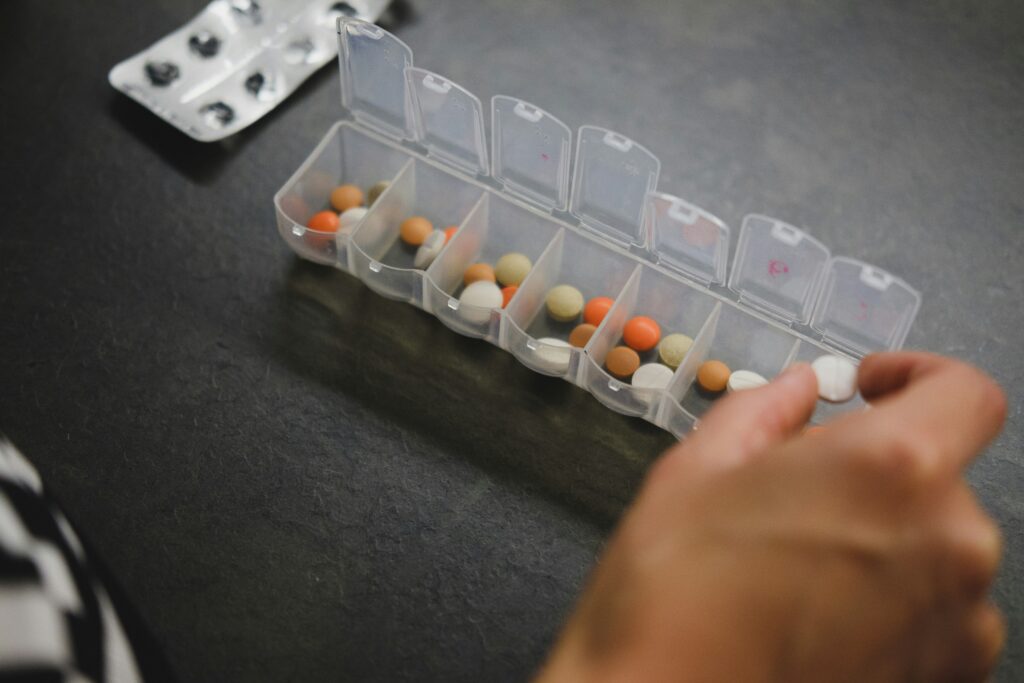
India’s pharmaceutical industry, a $10 billion contributor to the US drug market, is facing renewed scrutiny as trade tensions between the two nations intensify. The United States government is reportedly evaluating the potential national security risks associated with its dependence on foreign drug imports, placing Indian pharma giants like Sun Pharma, Gland Pharma, and Aurobindo Pharma at the center of a possible investigation.
According to reports, Washington is considering initiating a probe into global pharmaceutical supply chains, including potential tariff impositions or increased regulatory checks on imported drugs. The focus is primarily on the vulnerability created by overreliance on foreign sources for critical medications, a concern that has grown since the COVID-19 pandemic exposed supply chain fragilities.
India, often dubbed the “pharmacy of the world,” is the largest supplier of generic medicines to the United States. Any move to restrict or heavily regulate Indian exports could not only disrupt supply for US consumers but also severely impact India’s pharmaceutical industry — a key driver of its economy and employment.
A senior government official in India, speaking on condition of anonymity, said, “We are closely monitoring developments. Discussions at diplomatic and industry levels are already underway to address US concerns and ensure that Indian pharma companies remain compliant and competitive in the global market.”
In response, Indian pharma companies are expected to ramp up quality audits, enhance compliance transparency, and possibly diversify their global export base to mitigate risks. Some industry experts suggest this could be a wake-up call for India to invest more in domestic R&D, biologics, and innovative drug production to move beyond generic dominance.
At the same time, Indian trade negotiators may raise concerns at upcoming bilateral trade forums, pushing for greater collaboration in pharmaceutical research and regulatory harmonization between the two countries.
If the US proceeds with a formal probe or restrictions, analysts warn of ripple effects across global drug pricing, FDA drug approvals, and accessibility to affordable medication in the US — especially for chronic diseases like diabetes, hypertension, and cancer.
What’s Next?
Stakeholders in both countries await clearer signals from Washington. The outcome will likely shape not just bilateral trade dynamics, but also the future of global healthcare supply chains.



